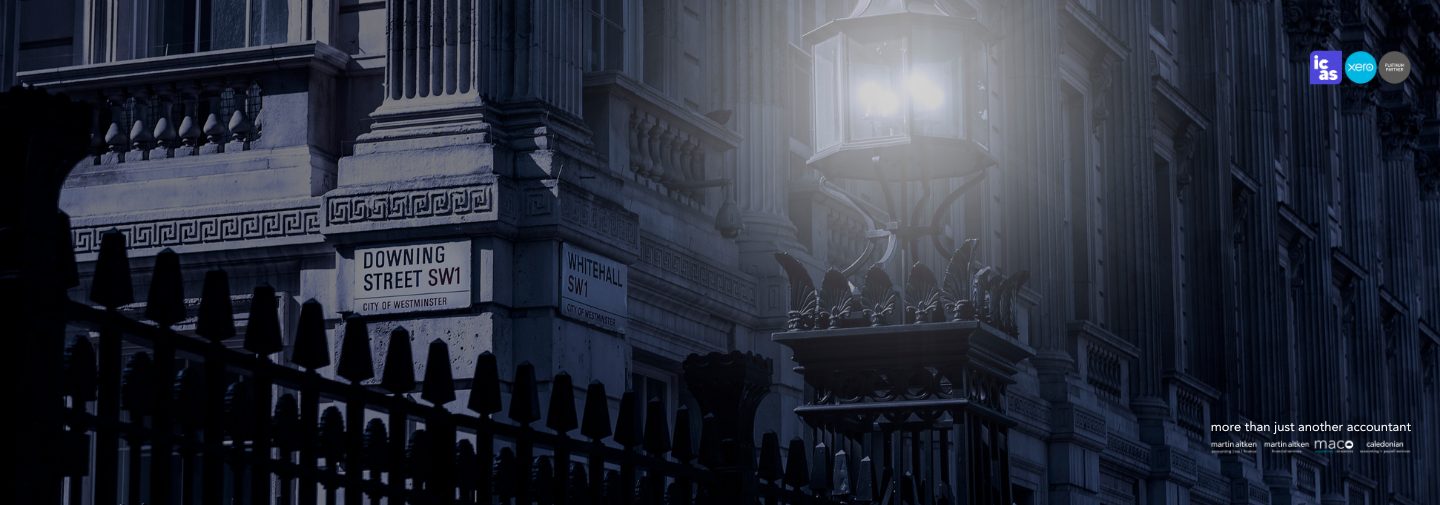Labour’s first Budget in 14 years is set to be unveiled by Chancellor Rachel Reeves on Wednesday, October 30. Reeves has suggested that this Budget will involve some “difficult decisions.”
According to government sources, the Budget may feature tax increases and spending reductions amounting to £40 billion.
What is the Budget?
Each year, the Chancellor of the Exchequer – responsible for managing the government’s finances – presents the Budget statement to Parliament. This statement lays out the government’s tax strategy, which may involve adjustments to tax rates, and outlines critical funding decisions for areas such as healthcare, education, law enforcement, and other public services.
The previous Conservative Chancellor, Jeremy Hunt, delivered the last Budget in March, prior to the general election. Now, with a change in government, Chancellor Reeves will present a new Budget to establish the priorities of the Labour government.
When is the Autumn Budget and when can you watch it?
The 2024 Autumn Budget will be delivered on Wednesday, October 30, starting at approximately 12:30pm (UK time) and typically lasts about an hour, and will be broadcast on the majority of UK news sites. Following Reeves’ address, Conservative Party leader Rishi Sunak will provide an immediate response to the Budget.
What financial goals does the government have?
Labour has been clear that tough financial decisions are necessary. Upon taking office in July, Reeves described Labour as inheriting “the worst fiscal situation since WWII,” though Conservatives dispute this.
According to sources, the Chancellor is aiming for £40 billion in tax hikes and spending cuts to balance the books. Reeves has pledged not to return to “austerity” policies, suggesting most of these funds will likely come from tax increases rather than cuts. She also plans to adhere to a rule of funding day-to-day expenses solely from tax revenue.
To support investment without raising taxes, Reeves has proposed adjusting the definition of government debt, allowing more flexibility to borrow for infrastructure projects. This shift could allow Labour to secure an additional £50 billion for initiatives such as building roads, railways, and hospitals, though it’s unlikely they will borrow the full amount.
What might be included in the Budget?
Labour previously promised to avoid raising taxes on “working people,” with assurances that VAT, income tax, and National Insurance (NI) would remain untouched. However, several potential measures have been speculated, including:
Employer National Insurance Contributions: Indications suggest that NI contributions paid by employers could increase, as Labour’s pledge only applied to individual NI payments. Employers currently pay 13.8% NI on employee earnings, though they’re exempt from NI on pension contributions. Some speculate that this exemption might be removed, a move that businesses argue could affect job creation.
Income Tax and NI thresholds: Income thresholds, which determine when individuals start paying NI or higher tax rates, were frozen by the previous government until 2028. The Chancellor may consider extending this freeze, meaning more people will pay taxes as wages rise.
Inheritance tax adjustments: Inheritance tax (currently 40% on assets above £325,000) may see adjustments to exemptions, potentially increasing tax obligations on inheritances.
Capital Gains Tax (CGT): Applied on profits from assets like second homes and investments, CGT rates could rise. Currently, high earners pay 24% on property gains and 20% on other assets. While the Prime Minister has hinted against drastic increases, some raise the possibility of moderate changes.
Pension taxation reforms: To generate more revenue, the Chancellor could adjust private pension tax rules. Potential changes include reducing tax-free pension withdrawal limits, altering tax breaks for employer contributions, or introducing a flat tax relief rate on contributions, which could impact higher earners.
Stamp duty: Stamp Duty thresholds, raised in 2022 to support property purchases, are set to revert to lower levels in 2025. Labour has not yet confirmed plans to extend this support.
Non-domicile tax status: UK residents with foreign domiciles, known as “non-doms,” currently avoid paying UK tax on foreign earnings. Labour aims to strengthen rules around this status, although it’s still unclear if it will bring the expected revenue.
Fuel duty: Fuel duty has been frozen since 2012, and a temporary cut was even made in 2022 amid rising fuel prices. Some argue that this freeze could be lifted, although others claim the reduction hasn’t fully benefited consumers.
How does Labour plan to raise £20 Billion?
The Chancellor is reportedly targeting £20 billion in revenue through various fiscal adjustments. Reeves has signalled intentions to prioritise funding for large-scale projects while balancing day-to-day spending with tax revenue, allowing for selective borrowing to support key investments.
What has already been announced?
- Winter Fuel Payments: Future payments will be limited to those on pension credit or means-tested assistance, a change facing criticism from some lawmakers and advocacy groups.
- State Pension: A 4% increase is anticipated in April 2025, with confirmation expected around Budget day.
- VAT on Private School Fees: Starting January, private school fees will include VAT, and some schools will lose business rate relief.
- Energy Windfall Tax: From November 1, the energy profits levy will rise from 35% to 38%, remaining in place until March 2030.
What follows the Budget?
After the Budget, the Treasury will release a report detailing the financial impact of the announced measures. The Office for Budget Responsibility (OBR) will also publish an independent economic outlook. MPs will then debate the Budget proposals over the following days, and the government will introduce a Finance Bill to turn the announcements into law.
Stay connected on LinkedIn and Instagram for Budget reactions and insights. Join us at the Herald Budget Breakfast Briefing for an in-depth analysis of the new Budget.
Tickets are available to purchase here.



